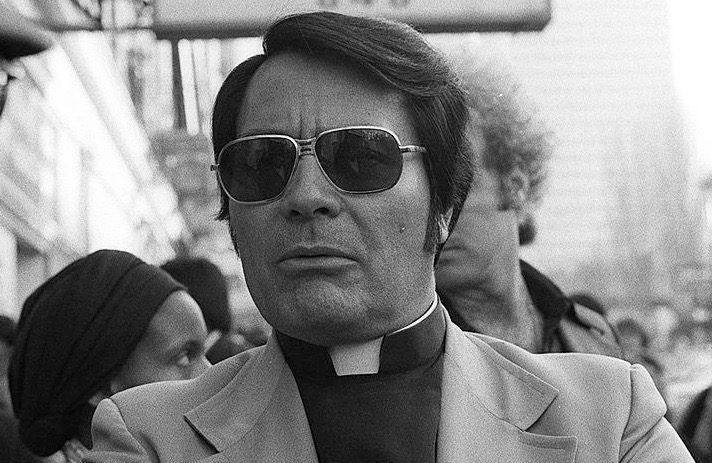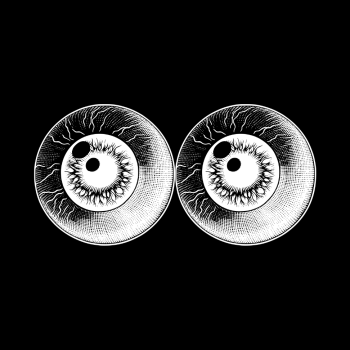
God is never lost. In the midst of great evil, God is there. I have long wondered how Jonestown fits into such ideas. In the 1970s, Rev. Jim Jones and the Peoples Temple founded the settlement in the jungles of Guyana. After a few years of communal living, Jones led his followers to commit a mass suicide/murder that left over 900 people dead. The last words the community ever heard were recorded. Jones’ words are beyond disturbing. Evil resonates with every syllable. Even in the midst of such, I refuse to believe that God was absent during such terror. Lent is a time to look for God in death. To honor the victims of Jonestown, I’ve decided to seek God in the last words they heard in the order that they would have heard them. In those evil words of death, may there also be something for us. These devotions should never be mistaken for an apologetic for Jim Jones or anything he stood for. This is a search for God.
“…be kind to children and be kind to seniors and take the potion…and step over quietly because we are not committing suicide. It’s a revolutionary act.” -Jim Jones
Not long after Jim Jones ordered the killing of Congressman Leo Ryan and a number of others after their visit to Jonestown, he set the mechanism of mass suicide into motion. Interestingly enough, a large number of people didn’t need much convincing. They were prepared to follow Jones wherever he led. But for those who did, Jones argued that their mass suicide would be a revolutionary act. Of course, this was intended to be the final manipulation of the community. However, the more that I considered it…the more I wondered about the terminology and Jesus. What should the crucifixion of Jesus be considered? In the midst of the Garden of Gethsemane, it is very clear that Jesus knows what’s coming. When the soldiers come, Jesus goes willingly. Throughout the process of execution, Jesus offers no resistance. Eventually, the result is exactly what Jesus chose…death. Anyone who makes a willing decision to die with full knowledge of what they are about to do…commits suicide. Seeking to turn the world upside down, Jesus committed an act of revolutionary suicide. Jesus committed such an act to light a fire in our souls and ignite us for the work of revolution. The difference between Jonestown and Jesus is the agency of the participants. In the darkness of Jonestown, hundreds of children could not have consented to suicide. Death without consent is murder. Without respect to their ability to make their own decision, seniors were guided to their deaths. There were multiple other groups that died without their consent. Some were even forcibly injected. Much evil occurred in those hours of death. If you consider the differences between Jesus and Jonestown, it becomes clear that a revolutionary suicide is a willingly engaged radical act that is intended to bring about social and spiritual change not the orchestrated forced suicide/murder of hundreds of powerless and manipulated people. In the end, God calls us to revolution…not extermination.
Amen.













